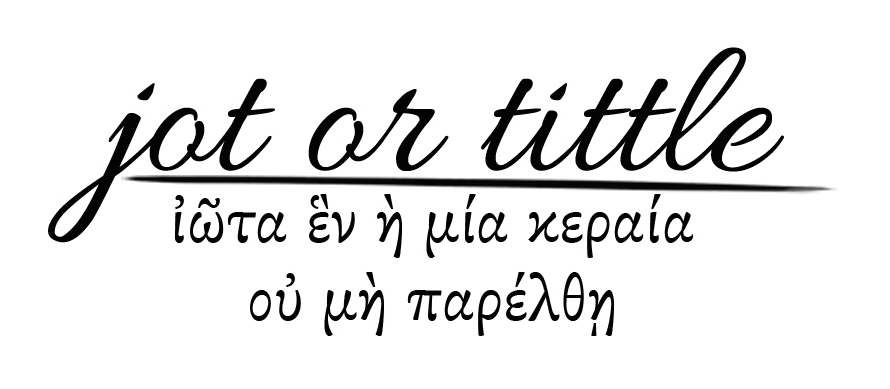Psalm 81
Practice singing here, to Nettleton (“Come Thou Fount”)
From the ESV Study Bible
Psalm 81. It is not easy to put this psalm in a category; it actually resembles the oracles of the OT prophets; perhaps it is therefore best to think of it as a prophetic hymn. Prediction is not the primary function of the OT prophets, any more than it is of this psalm: rather, their goal is to challenge God’s people to covenant faithfulness, speaking to them of covenant blessings or punishments that will come, depending on their response. This psalm reviews the basic history of the covenant (using the Pentateuch), charges Israel with unfaithfulness, and urges them to embrace the covenant—then God would subdue Israel’s enemies. Verse 2 refers to the trumpet at the new moon and at the full moon. This may well indicate that the psalm was suited to the Feasts of Trumpets (the first day of the seventh month, the new moon) and Booths (the 15th day of the same month, when the moon was full), with the solemnity of the Day of Atonement in between them (Lev. 23:23–36). Certainly the overall theme of the psalm fits this setting.
From the ESV Literary Study Bible
Ps. 81 Hear, O my people: a poetic oracle The psalm begins as a typical praise psalm with an introductory call to praise (vv. 1–5a). But then a mysterious reference to an unknown language (v. 5) serves as a lead-in to an oracle from God, presented in the rhetorical form of a quoted speech or dramatic monologue to the nation (vv. 6–16). The divine oracle develops the following specific topics: brief list of God’s acts in the life of Israel (vv. 6–7); God’s demand of exclusive loyalty asserted and invited (vv. 8–10); brief account of God’s judgment against Israel for not listening to God’s voice (vv. 11–12); God’s longing to deliver and bless his people in exchange for obedience (vv. 13–16).
Songs to Listen To
